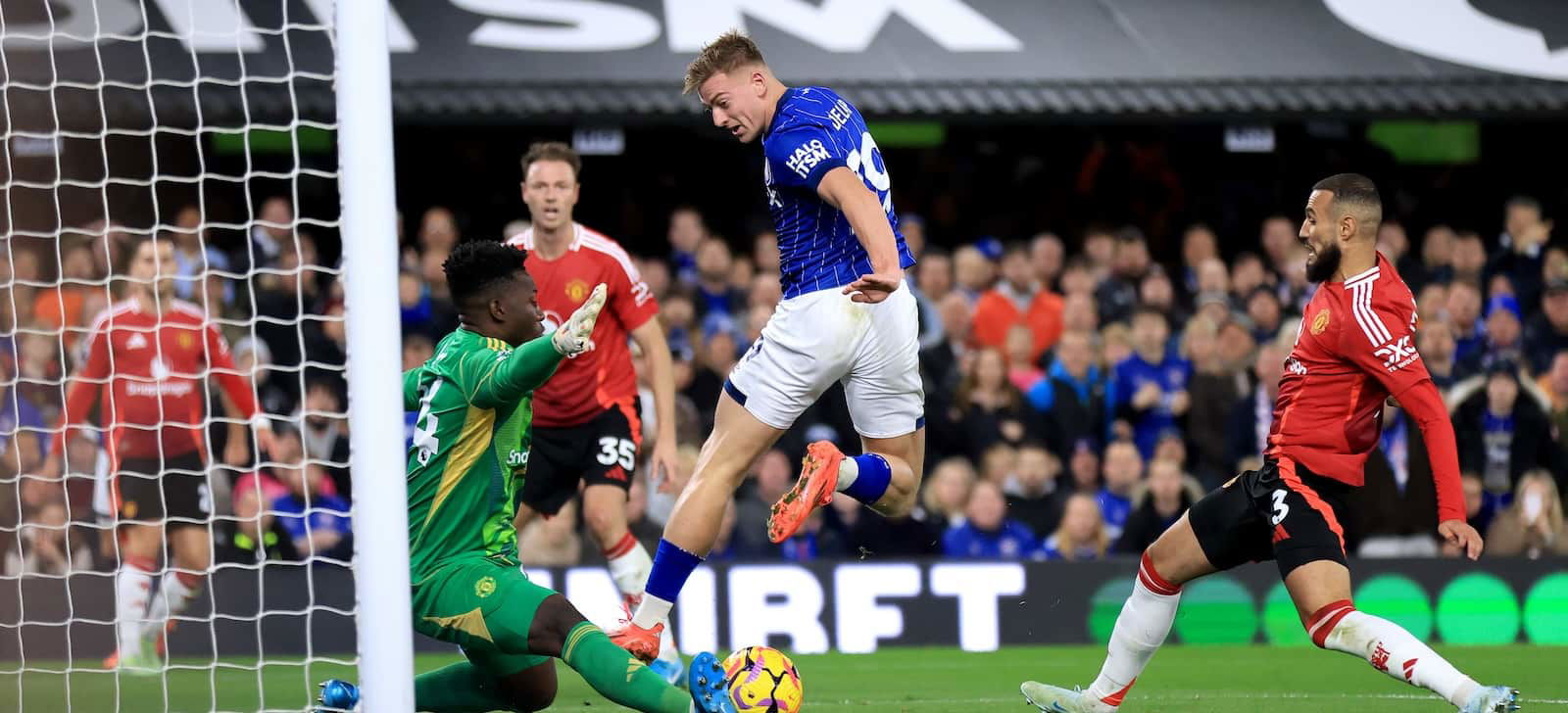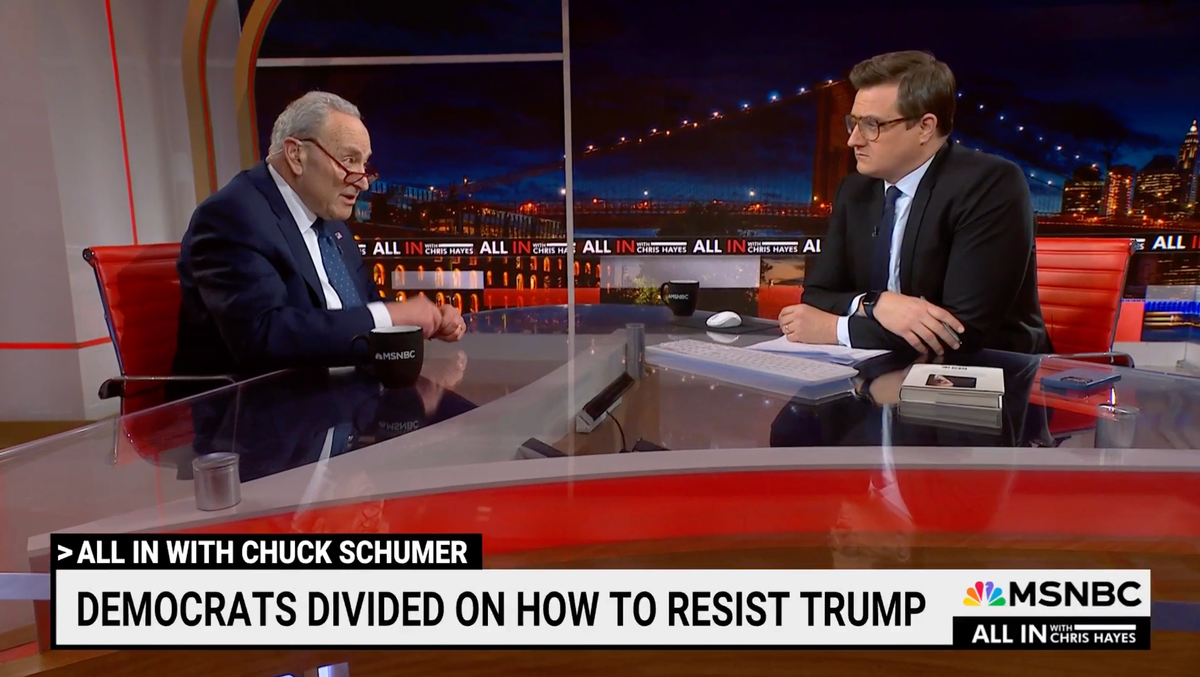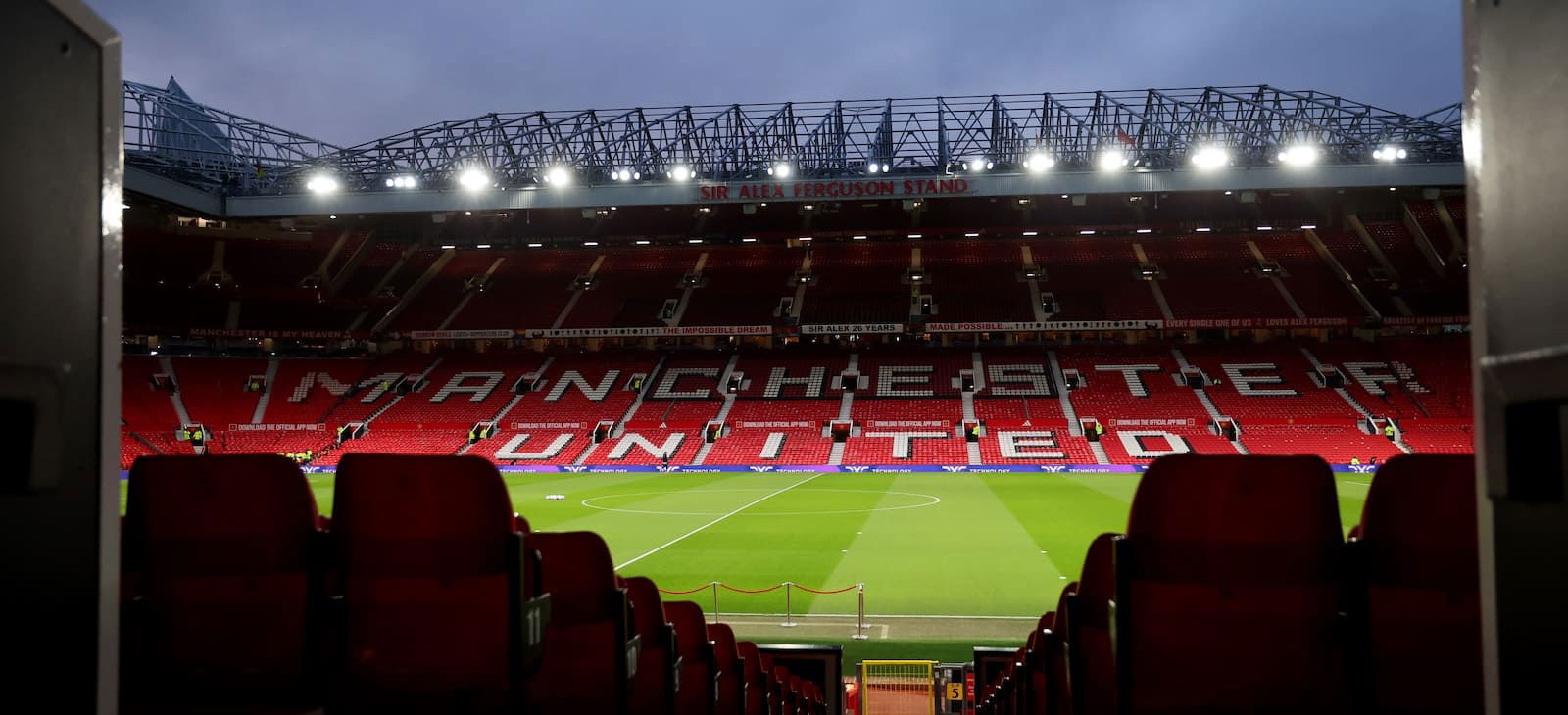Carter had a decency most politicians lack, but his moral crusades, which came once he was out of power, seem like a form of penance. His record as president is bloody and dismal, although not as bloody and dismal as the presidents who followed. That’s the best we can say of him.— Chris Hedges, “Don’t Deify Jimmy Carter”
Chris Hedges, in his edifying summation of the late President Jimmy Carter, articulates a number of Carter’s sins, from backing Indonesia’s blood dictator Suharto to blocking the Palestinians from the Camp David Accords between Egypt and Israel. His article is a refreshing counterweight to the rivers of drivel poured out to praise Carter’s legendary wisdom and humanity.
But Hedges, like every other pundit, overlooked one issue that speaks right to that legendary wisdom and humanity: after the Vietnam War, Carter refused to recover American P.O.W.s left behind in Vietnam.
That several hundred prisoners were indeed left behind is a matter already taken up in Unz.com — and just about nowhere else. You can review the evidence that P.O.W.s were indeed abandoned here and here, not to mention my own novella shown here about it. I’ll make a brief summation of the issue.
After years of negotiation with North Vietnam, by late 1972 and President Nixon’s re-election already won, Henry Kissinger was desperate to get some kind of agreement, and finally accepted a main North Vietnamese demand: that the United States must pay war reparations. Kissinger was lucky to convince his counterpart Le Duc Tho to accept his calling it reconstruction aid. A separate committee of their assistants was set up to reach agreement on the exact numbers. The final total was 4.75 million dollars, between direct aid to North Vietnam and “soft” loans that would never be repaid. Nixon signed a letter of intent with everything laid out; it was delivered to the president of North Vietnam.
When the war ended, the North Vietnamese returned only 577 prisoners; the Pentagon had been expecting well more than a thousand. (The North Vietnamese had never published a list of the P.O.W.s, as the Geneva Conventions require. As war had never been officially declared on either side, they said that the Geneva Conventions did not apply. Very convenient.) Soon the North made it clear that Uncle Sam had to pony up the cash before more would be returned. They had a particularly diplomatic parlance for this. They said that all prisoners who had “registered” as South Vietnamese foreign soldiers had been returned. But there could be, there might be, there may well be — we’d have to shake some bushes — some P.O.W.s left over who hadn’t registered. Oh, and what about that letter from Nixon?
The French, after their defeat by the Vietnamese, had paid ransom for their men. And there was an American precedent of paying for hostages as well. The best book on the abandoned American hostages is “An Enormous Crime,” by Bill Hendon (a former member of Congress and big warrior on the P.O.W. issue) and Elizabeth A. Stewart. They put the matter this way:
“Knowing North Vietnam’s intention to use the POWs they held as hostages, Johnson administration officials had entertained a plan in late 1966 to pay ransom for the American POWs the North Vietnamese held at that time. The plan, put forth by the State Department and patterned after the effort by President Kennedy and his brother Robert that had freed the Bay of Pigs prisoners four years earlier, had called for a cease-fire to be followed by the payment of medical supplies, foodstuffs, pesticides, and other nonmilitary supplies and materials to North Vietnam in return for the POWs. When the head of the State department’s POW Committee, Ambassador-at-Large Averell Harriman, had asked the Joint Chiefs to evaluate the plan and comment on it, the Chiefs had rejected the proposal, citing among other reasons their belief that the payment of ransom would be taken as a sign of weakness, could offer propaganda opportunities to the North Vietnamese, would set a bad precedent, and would give aid and comfort to the enemy.”
Nixon and Kissinger had kept the payment letter secret, not to be made public until the end of their public service. But it came to light during the Ford interregnum, and Congress immediately voted not to pay a nickel, whatever the diplomats wanted to call it. In negotiations in 1976, Carter’s people had a meeting with the North Vietnamese — now the just plain Vietnamese after their final victory over the South. The Americans told them that the letter did not apply to a new administration. Very convenient.
In March of that year, the CIA gave the administration two classified reports that P.O.W.s remained in Vietnam and Laos. Carter, however, pushed the whole issue over to finding the remains of soldiers listed as Missing in Action. As The New York Times described it this way:
“[President Carter] then seemed to concede that the Vietnamese leaders had already put forth something close to their best by promising to set up an improved ‘bureaucracy’ to pursue investigations. I think this is about all they can do,’ Mr. Carter said. ‘I don’t have any way to prove that they have accounted for all those about whom they have information, but I think so far as I can discern they’ve acted in good faith. He also said that not demanding that the United States pay ‘reparations’ was an ‘act of reticence on their part.’”
As reports from a myriad of sources — refugees fleeing the country, travellers, Vietnamese government bureaucrats — continued to mount, families of P.O.W.s clamored for investigation. Carter would not give them the time of day. As usual, be it the Florida election mess in 2000 or Joe Biden’s clear guilt in a Ukrainian bribery scheme, the country had to “move on.”
Which is a pity. Much of Carter’s attraction as a candidate in 1976 was that he offered a fresh start and closure on the dual traumas of the Vietnam War and Watergate: he had come into office without any baggage from these crises. He issued a blanket pardon to Vietnam draft dodgers, and if Congress was unwilling to approve the funds for Vietnam, Carter could easily have wielded his moral cudgel: promises written in black and white had been made by an American president, the Vietnamese had accepted this in lieu of having them spelled out in the peace treaty (which mentioned only that the U.S. would make payments, not the amounts). And if push came to shove, he could state flatly that the Vietnamese were still holding American P.O.W.s.
From there, the outpouring of sympathy for the prisoners — men who had done their duty for their country — and their families would have loosened congressional purse strings: profiles of Iowa families posing with photos of their missing fathers and brothers, protest marches by MIA families (who had already banded together before the war ended) on The Hill. Vietnam would have received the desperately-needed funds, and America would have closed out the war — for good.
And the most sordid cover-up in Pentagon history — which is saying something — would have been avoided. With Carter, the whole circus started: the slow-drip of evidence of live P.O.W.s, the shallow denials, congressional committees determined to get at the truth and then burying it. Senator John Kerry was the point man on that one. Seven years after the end of the war, one P.O.W. managed to smuggle a note to a European and was returned to the U.S. in 1980. He was immediately court-marshaled and smeared as a collaborator, his account about seeing some two hundred post-war P.O.W.s dismissed as sour grapes. The controversy continued into well into the 2000s before ultimately subsiding.
What an irony that Carter, a Navy man, refused to do his duty by his fellow servicemen, many of them Navy pilots who had been shot down; and that he followed the line of the likes of Nixon and Kissinger. Some wisdom. Some humanity. But it just goes to show the sheer basic continuity of American foreign policy. It’s an unchanging elitist club, and those outside of it — even serving soldiers — are expendable.













